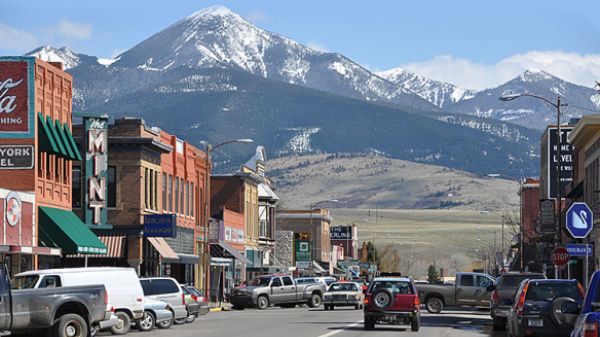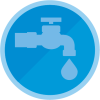ENGAGE YOUR COMMUNITY TO TELL THE ECONOMIC STORY OF YOUR NATIONAL OR STATE PARK WITHOUT HIRING AN ECONOMIST

Do you think you need to hire an economist and wade through piles of complex data to understand the economic benefits that a nearby national or state park has for your community? Do you think the most you can expect is a soundbite on jobs and income the park supports? Learn to paint a broad, research and data-based picture of the economic effects of your park and tell that story to support advocacy, fundraising, economic development, and stronger community-park relationships. You will learn and adapt a proven approach that engages community resources without hiring an economist, consultant or communications shop.
In this course, you will:
- Adapt Harbinger’s “engaged analysis” approach to outline a park economic study for your area.
- Identify goals and match up data sources, research methods and resources for conducting your study.
- Learn how to assess and describe a range of park-related benefits, and how to create simple, realistic ballpark economic projections.
- Learn basics of interpreting findings and presenting data to different audiences.
- Identify trusted messengers for your target audience and make a plan to engage them.
- Review model studies and reports from other parks and protected areas.
Learn more about this approach to economic analysis on the “Understand Your Place” page and the Cameron County, Texas, profile on the “Write a New Chapter” page.
Five weekly classes - April 9-May 7, 2020 (sessions available for replay) • Includes two one-on-one consultation calls to address your community’s particular situation and needs • $390 before March 16, $650 after March 16
Who is this for?
- Park friend
- Community educators
- Conservation & historic preservation groups
- Community & economic development staff
- Extension & community development professionals
- High school and college students
- Downtown & Main Street groups
- Journalists
- Consultants


